
Leading Providers of Wireless Pharmacy Temperature Monitoring, Wireless Pharmacy Temperature Control, Hospital, Retail...
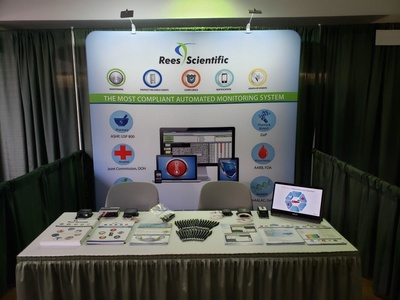
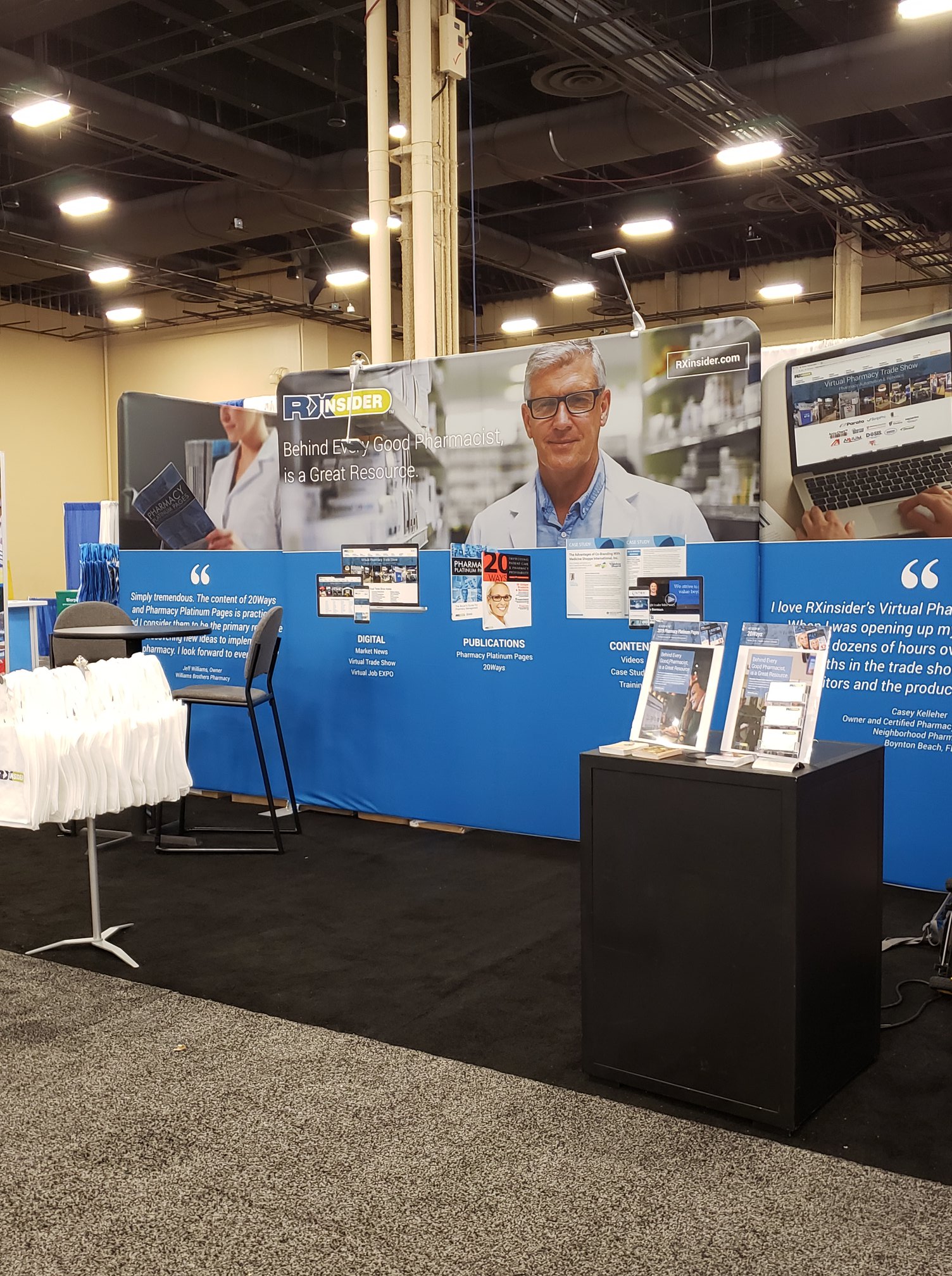
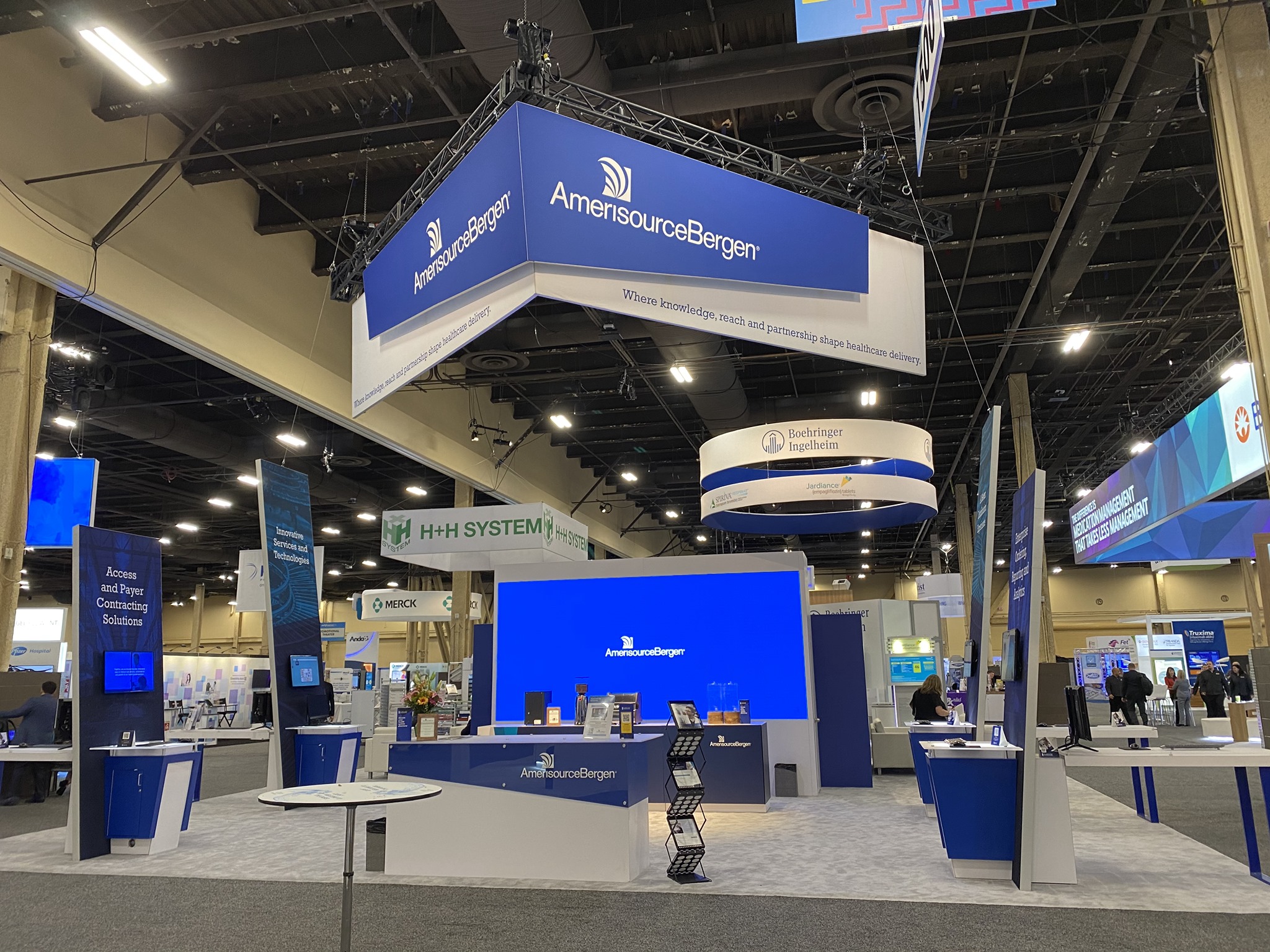
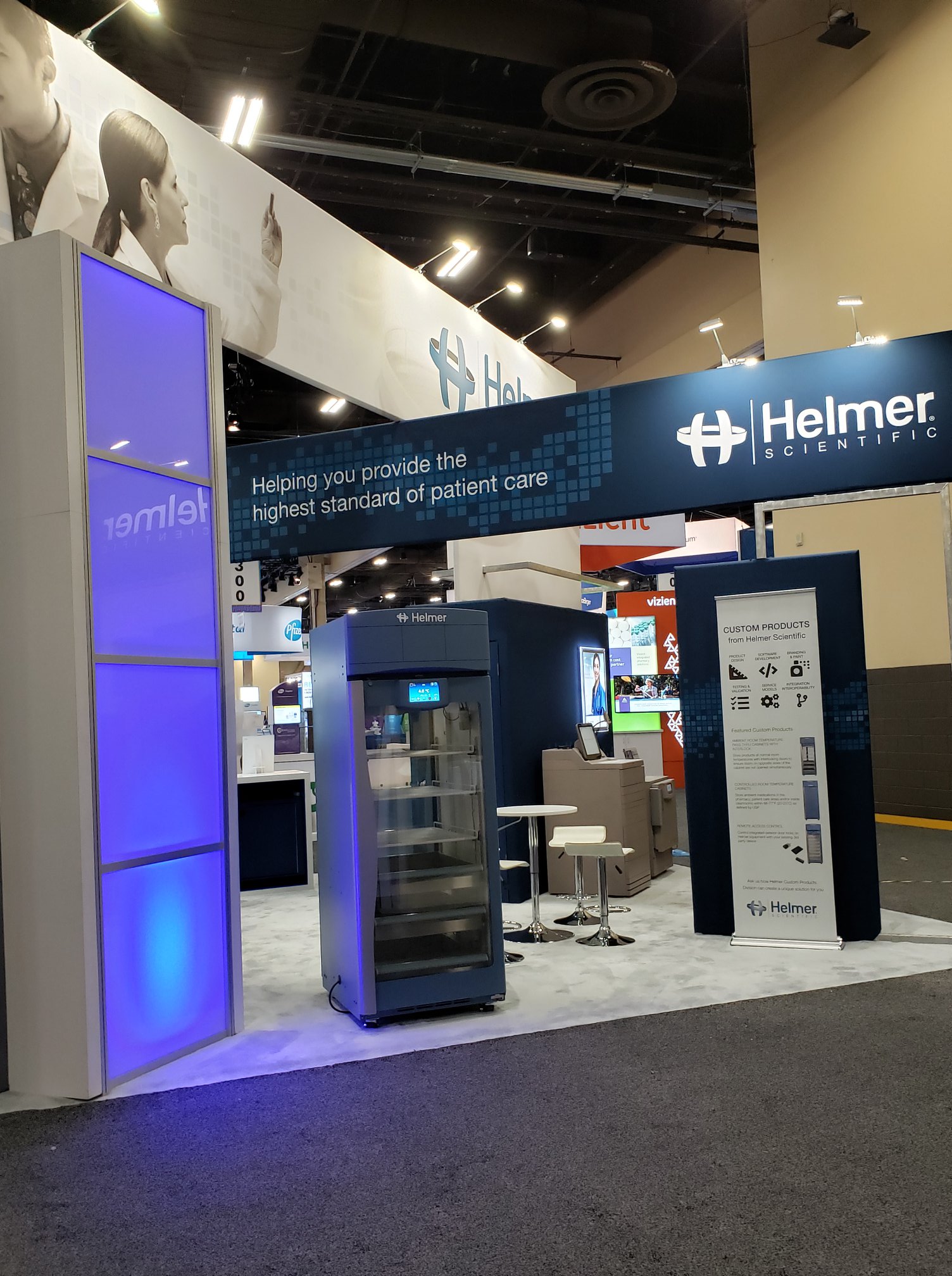

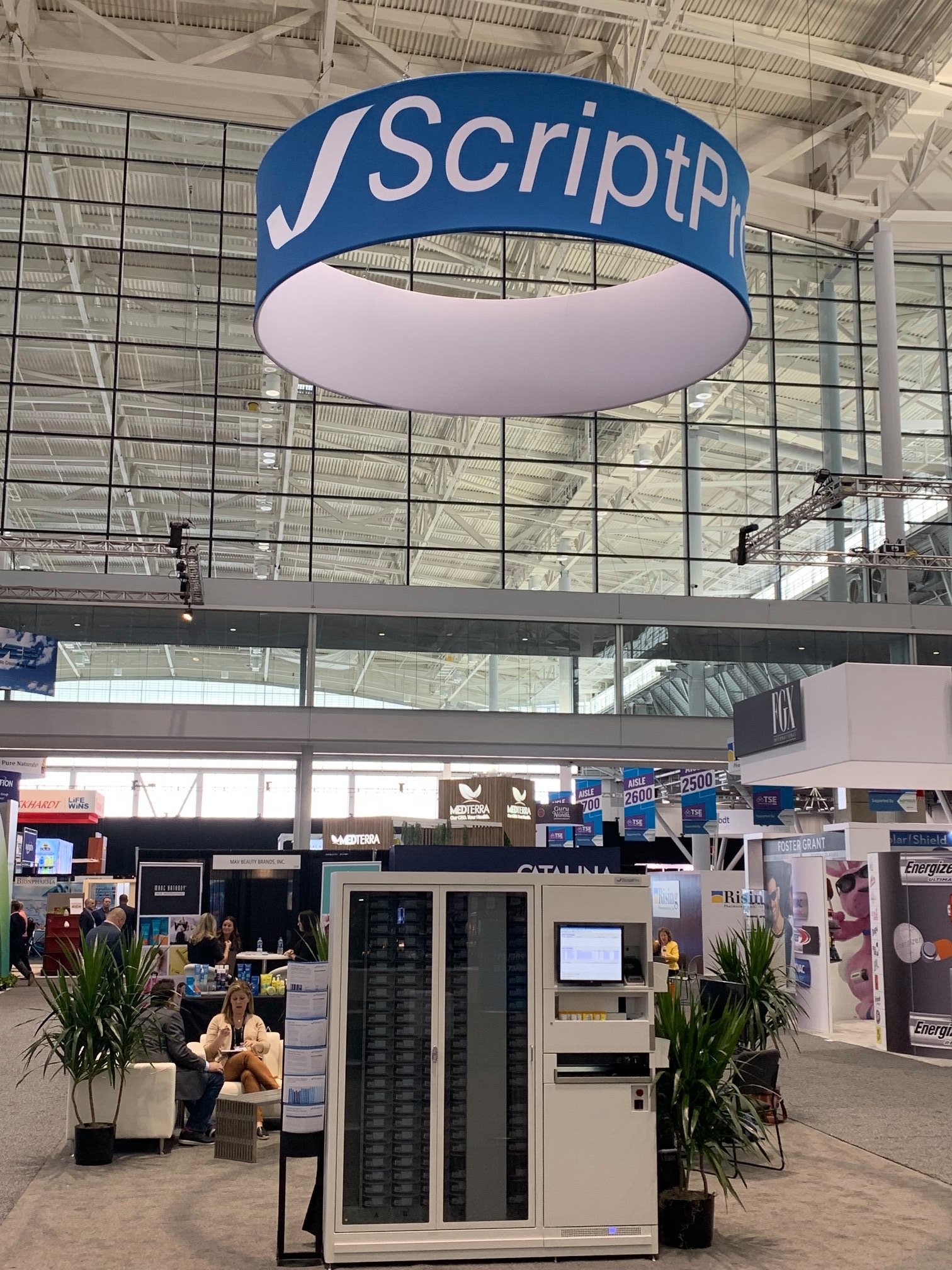
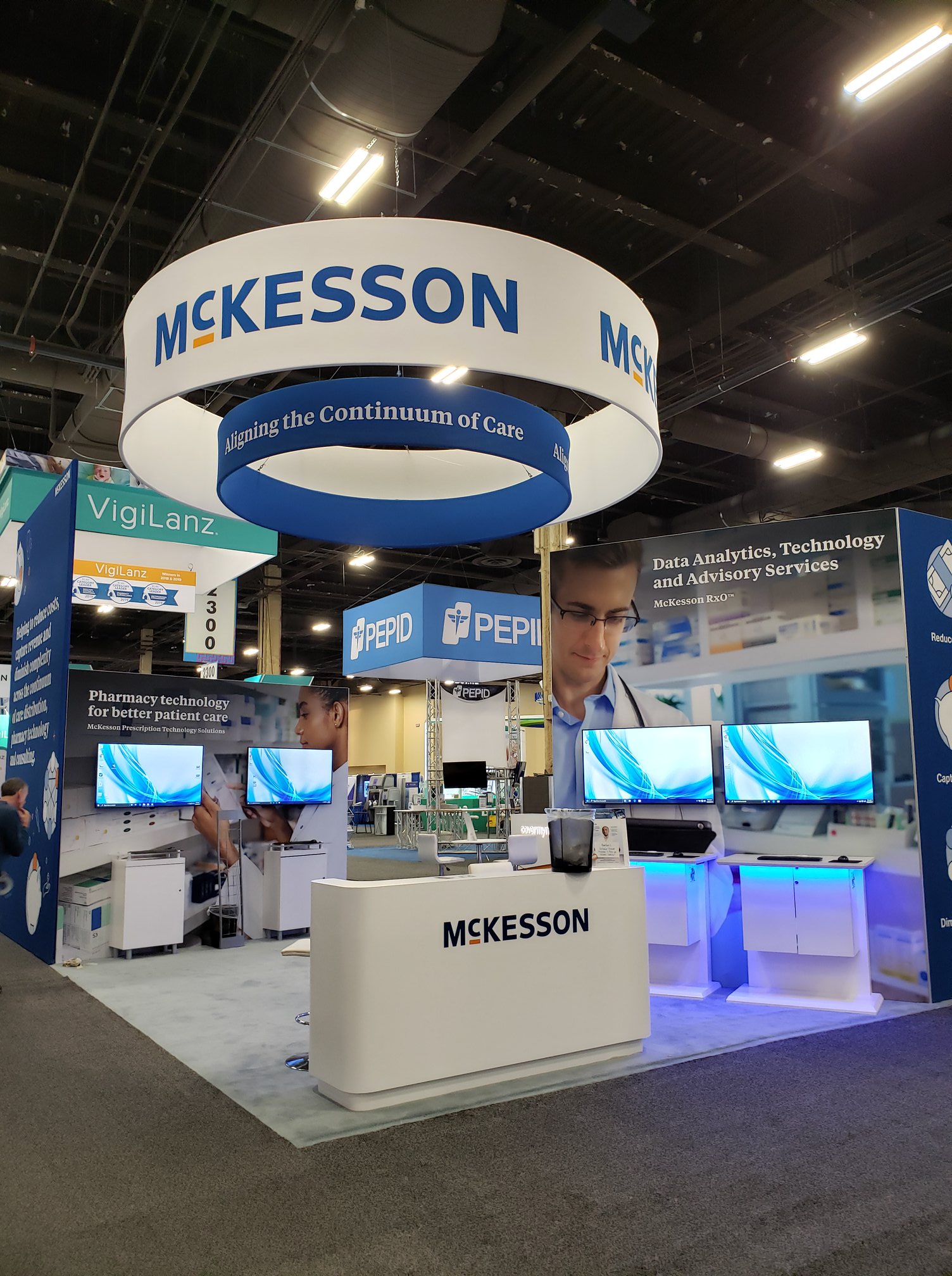
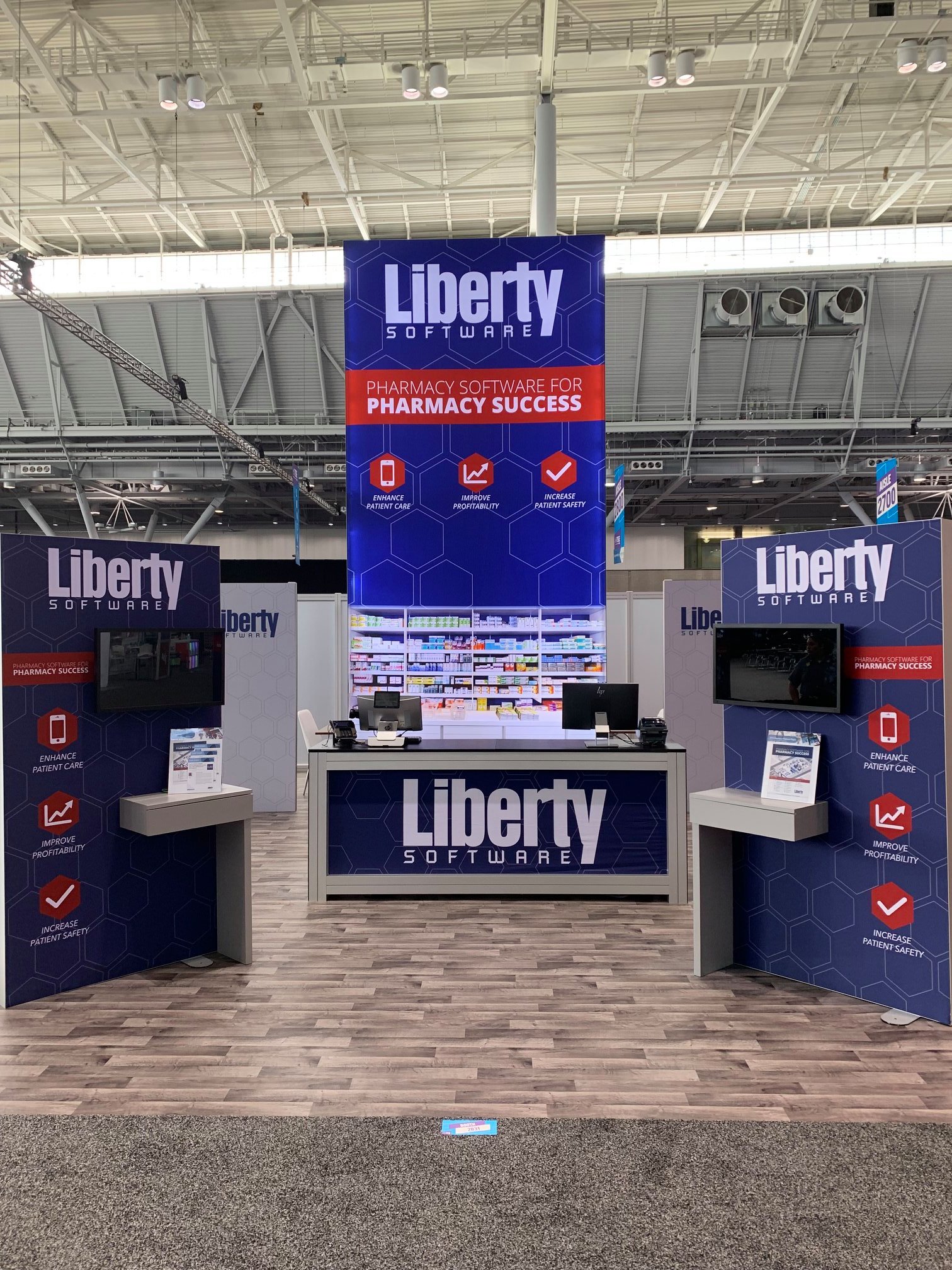
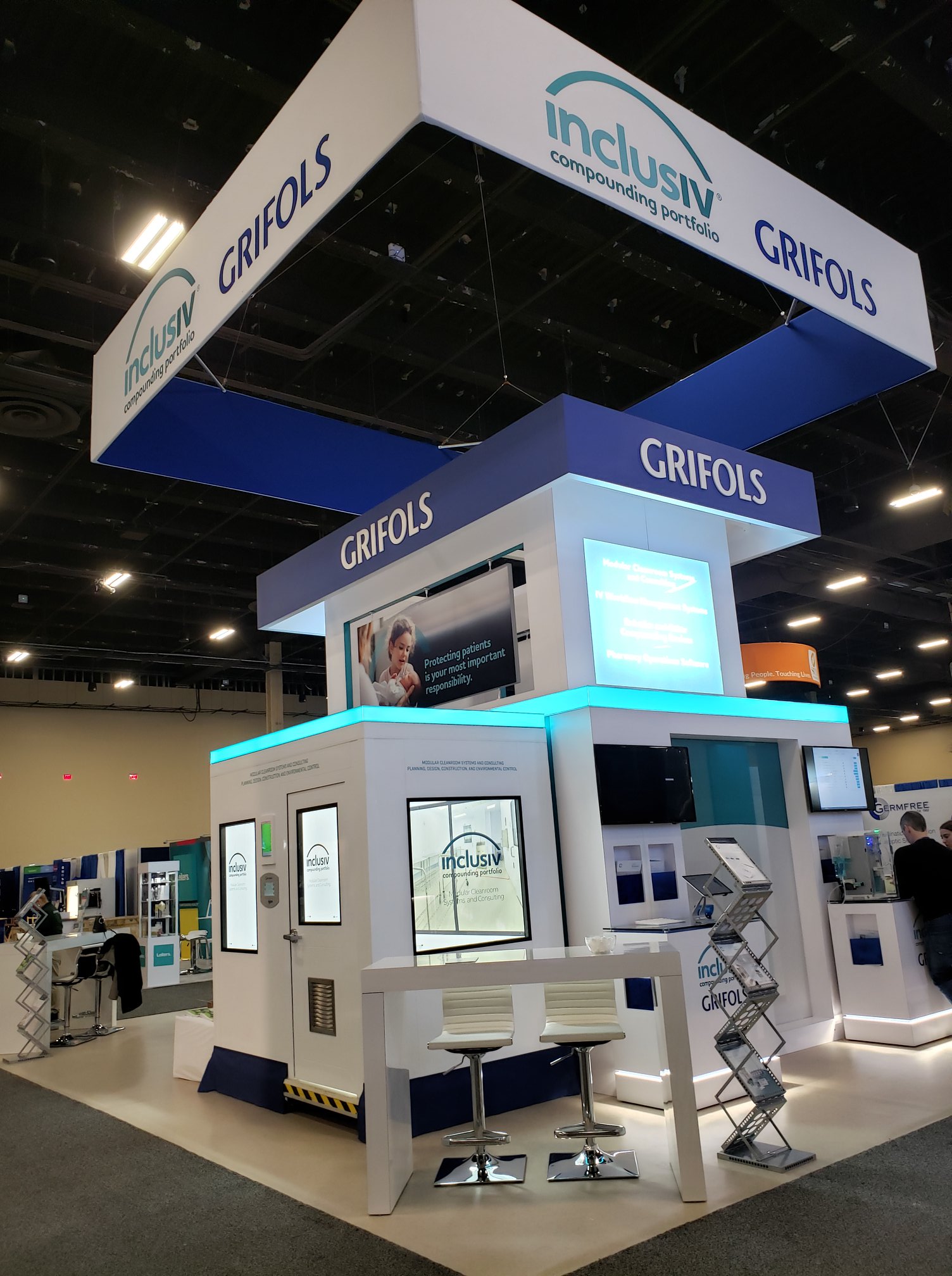


Find practical, proven solutions for temperature monitoring and management in one location at Health Care Logistics®. From wireless temperature management to medical-grade data loggers, temperature recorders and thermometers, HCL® offers virtually everything imaginable to protect and secure critical drug supplies.
Stat Temp® is a remote temperature monitoring system, exclusively from HCL, that helps ensure temperature accuracy throughout an entire facility. It allows users to monitor temperatures within set parameters and receive real-time alerts when excursions occur. Users can also customize settings to accommodate any monitoring, reporting, and alert preferences they choose.
With Stat Temp users can:
Manage temperatures remotely, prevent drug waste and provide peace of mind with the Stat Temp monitoring system. On-site demonstrations are available for customers ready to automate their routine and take back lost time.
To independently monitor standalone units, HCL also offers a complete inventory of temperature-sensitive drug monitoring devices. Track status, respond to out-of-range incidents, and record measurements with tools designed to improve drug integrity and protect patient safety, on site or off.
Visit HCL online for more temperature monitoring solutions, to chat live with a team member or to request a live demonstration!
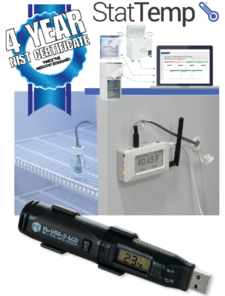
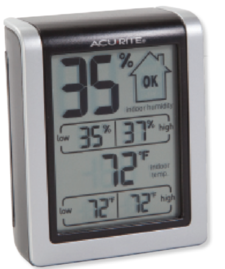



Rees Scientific specializes in protecting your valuable assets. Since 1982, Rees Scientific has been the industry standard for automated temperature monitoring. We offer continuous monitoring, centralized data collection, and simplified reporting. Monitor critical parameters such as temperature, humidity, differential Pressure, light control, etc. in vital equipment such as stability chambers, LN2 tanks, refrigerators, freezers, ultra-low freezers, incubators, etc. A single system can monitor a diverse facility with multiple locations while providing instant data access and sophisticated analysis right from your desktop computer, tablet or smartphone. Alarm notifications can be sent through telephone, text messages as well as e-mail.
View sensor conditions of your unit right from the Rees Scientific LCD display module. Ideal for pharmacies that house vaccines in their refrigerators. Monitoring temperature of vaccines is a crucial task that is regulated by many different government health organizations. The Rees Scientific LCD module complies with the guidelines of vaccines storage and handling from CDC, NIH, NIST, AAP, and PHAC.
Our LPA Cloud WiFi kits are a simple and economical way to monitor temperature in critical equipment such as refrigerators and freezers. The system will alarm out and notify when the temperature of a refrigerator or freezer fluctuates out of a given range. It is an ideal solution for laboratories, pharmacies, health clinics(Vaccine Temperature Monitoring) and food stores. Along with temperature, LPA Wireless also provides humidity and differential pressure sensors that help you become compliant with USP 797 regulatory requirements.
ReesCloud is an optimal asset that provides a secure, fast and easy way to continuously monitor your critical equipment and environment conditions. Features include:
Today, we continue to lead the field, taking cues from our clients and their environmental challenges. We ensure that your critical equipment and devices are monitored and maintained to set a standard every day without exception and without fail. Rees Scientific will continue to build products and services that help provide resolutions for our customers. Our goal is to be a quality provider of systems, services and solutions for our clients.
• Visit the Rees Scientific Website
• View the Rees Scientific Platinum Pages Publication Ad
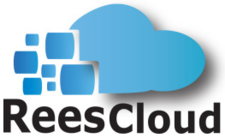
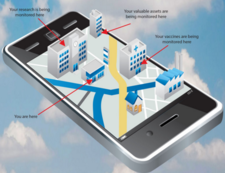
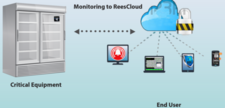
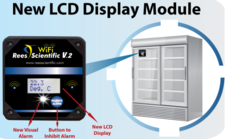
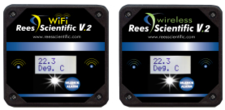
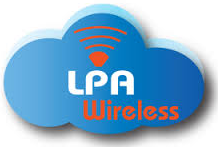



A world leader in data logging and monitoring solutions for over 40 years, Onset developed its InTemp product line specifically to meet the unique requirements of today’s pharmaceutical cold chain. Designed to streamline the collection of temperature data in refrigerators, freezers, and other temperature-controlled environments, the InTemp solution combines the efficiency of wireless Bluetooth communication with internet-connected mobile devices and gateways to provide a flexible and cost-effective IoT monitoring solution for proactive temperature management.
Contact InTemp Sales: intempsales@onsetcomp.com
InTemp CX402 loggers monitor temperature in refrigerators, freezers, and other temperature-controlled environments.
The free InTemp app running on your mobile device makes it a snap to configure and read out InTemp CX data loggers, and automatically upload reports to the InTempConnect cloud platform. With the InTemp app, you can:
The CX Gateway links your InTemp CX data loggers to the InTempConnect cloud platform, for automatic real-time alerts of temperature excursions, anytime, anywhere.
At the core of the InTemp solution is the InTempConnect cloud platform. InTempConnect enables account administrators to customize configurations, add users with flexible permissions, create reports, set up alerts, analyze data, and more.
The InTemp product line also includes InTemp Bluetooth data loggers and cellular/real-time loggers for your pharmaceutical cold chain shipping, logistics, and warehouse storage requirements. These solutions offer maximum control and comprehensive visibility of your cold chain shipments, letting you make on-the-spot decisions that protect your in-transit products and reduce costs.
• Visit the InTemp Monitoring Solutions Website
• View the InTemp Monitoring Solutions Platinum Pages Publication Ad













Wireless Temperature Control (for JACHO compliance in Hospitals and Pharmacies)
From Wikipedia
Wireless Temperature Control is a component that a wireless sensor network can provide.
A wireless sensor network (WSN) consists of spatially distributed autonomous sensors to cooperatively monitor physical or environmental conditions, such as temperature, sound, vibration, pressure, motion or pollutants. The development of wireless sensor networks was motivated by military applications such as battlefield surveillance but in addition, there use proved to be beneficial in the healthcare setting. They are now used in many industrial and civilian application areas, including industrial process monitoring and control, machine health monitoring, environment and habitat monitoring, pharmacies and hospitals, home automation, and traffic control.
In addition to one or more sensors, each node in a sensor network is typically equipped with a radio transceiver or other wireless communications device, a small microcontroller, and an energy source, usually a battery. A sensor node might vary in size from that of a shoebox down to the size of a grain of dust, although functioning "motes" of genuine microscopic dimensions have yet to be created. The cost of sensor nodes is similarly variable, ranging from hundreds of dollars to a few pennies, depending on the size of the sensor network and the complexity required of individual sensor nodes. Size and cost constraints on sensor nodes result in corresponding constraints on resources such as energy, memory, computational speed and bandwidth.
Within a pharmacy or hospital setting, Wireless Temperature Control will help determine if a pharmacy is compliant with temperature standards associated with certain drugs and compounds. With a Wireless Temperature Control System, pharmacies and hospitals can verify they have been compliant with JCAHO.
Connect with thousands of pharmacy professionals throughout every practice setting.
The server is experiencing a problem at this time. Try again later.




















































